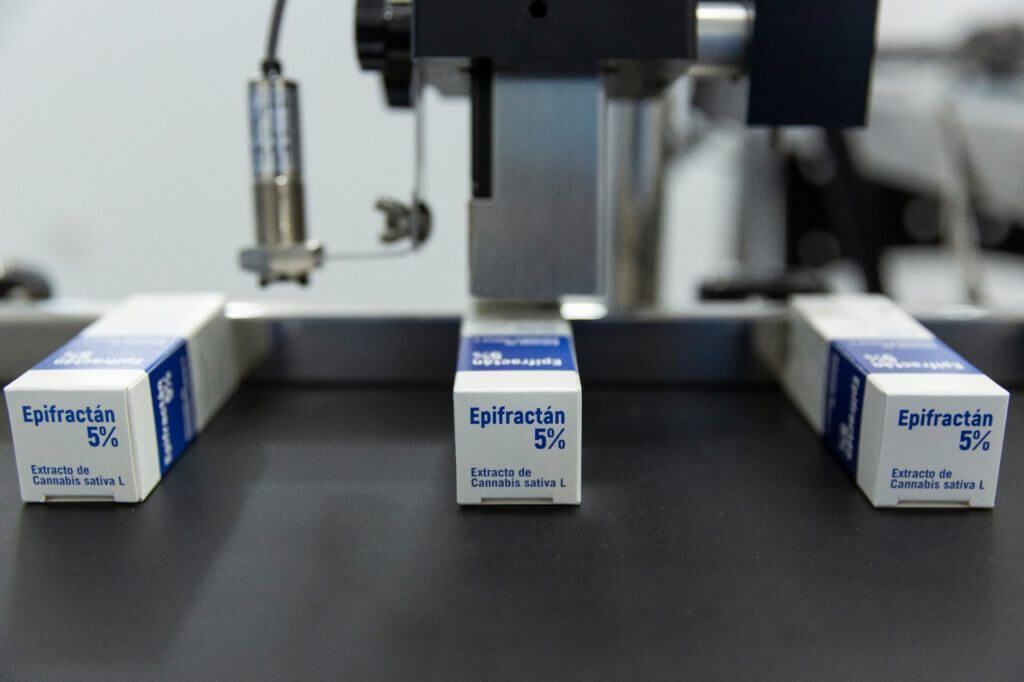The Italian Ministry of Health declined to take action under a decree that would have added certain CBD preparations into the table of medicines in its narcotics law, according to a recent notice in the country’s Official Gazette.
On Oct. 1, the decree was approved to pave the way for the authorization of sales of GW Pharmaceuticals’ CBD drug Epidiolex. To do that, the health ministry planned to include ingestible, plant-derived CBD preparations in the list of controlled medicines.
But the new decree – signed by the Minister of Health on Oct. 28 – backtracked on that plan “pending the opinions of … the National Institute of Health and the Higher Health Council” because the issue “requires further investigation of technical-scientific nature.”
The Italian National Institute of Health – known as the ISS – is the leading technical-scientific body of the health ministry. The Higher Health Council is a senior advisory body.
Both government organizations already provided favorable opinion on including ingestible compositions prepared with plant-derived CBD in Section B of the table of medicines of the narcotics law. That happened in May and August, respectively, according to the new decree.
Medicines in Section B require a special prescription that cannot be used multiple times, unlike less controlled drugs.
The decision not to act under the decree appears to indicate that the Minister of Health wants both scientific bodies to further study this issue and provide new advice.
The previous decree created significant resistance from industry representatives, some members of parliament and patient associations.
In December, the United Nations Commission on Narcotic Drugs (CND) is scheduled to meet in Vienna, where it is expected to vote on the World Health Organization’s cannabis scheduling recommendations.
One of the recommendations, if adopted, would clarify that some CBD preparations are not subject to the international control mandated by the Single Convention on Narcotic Drugs.
However, it is unlikely the WHO recommendation on CBD will be accepted by the CND.




